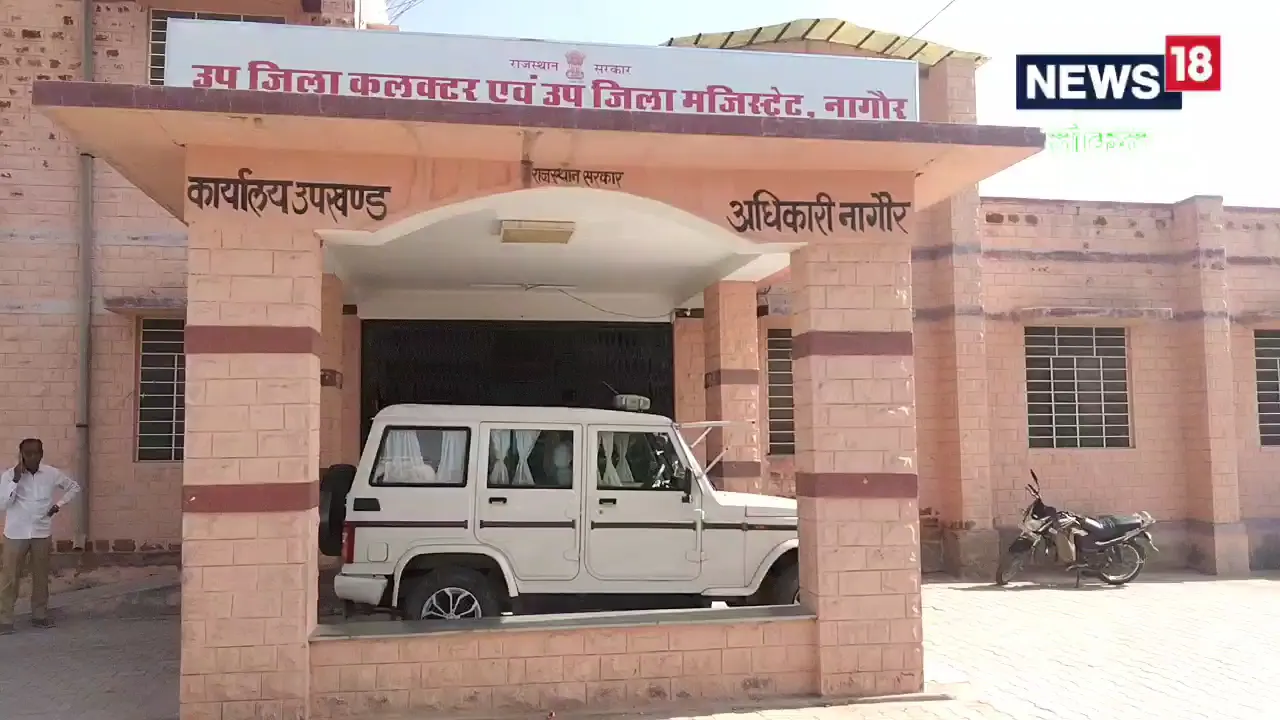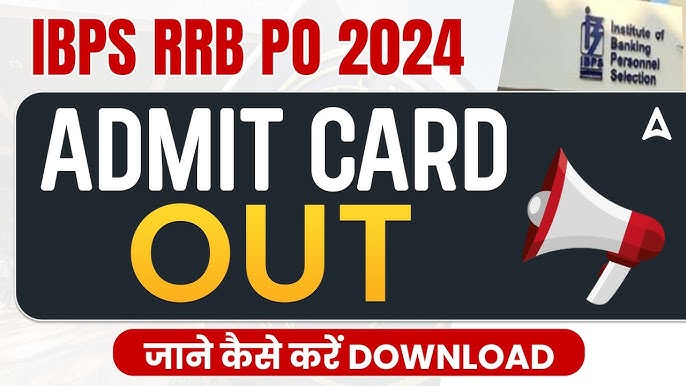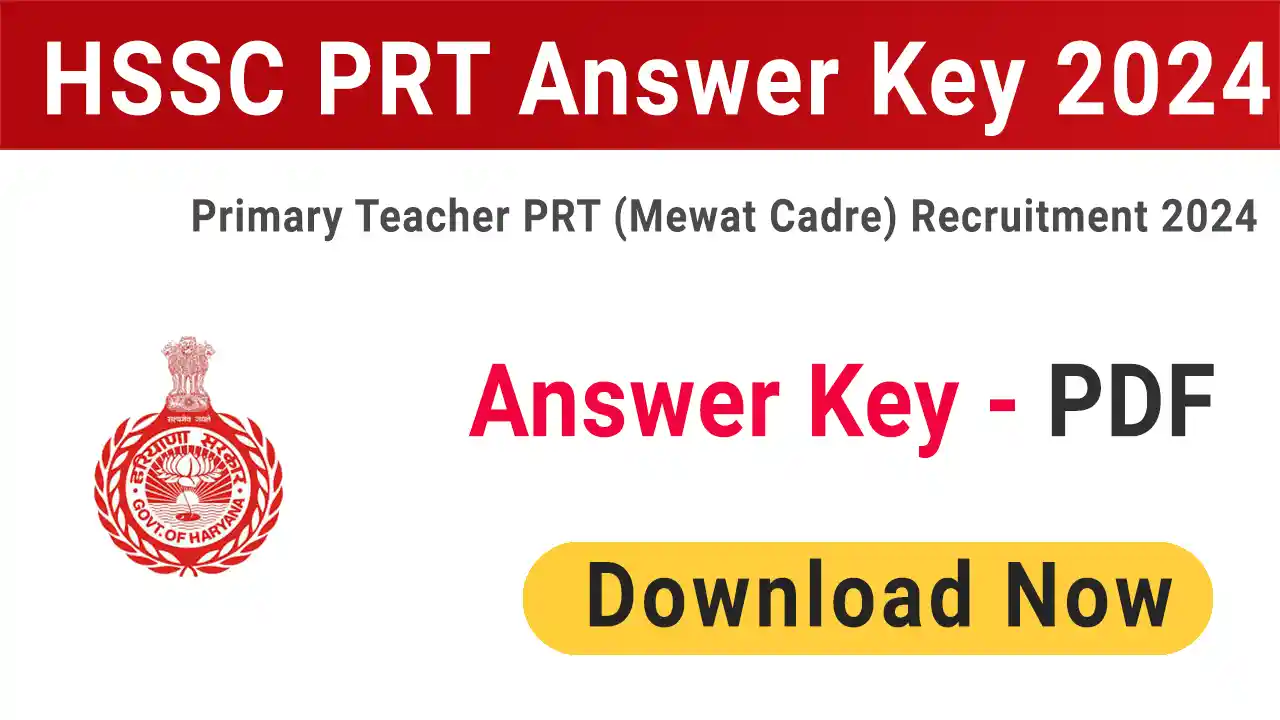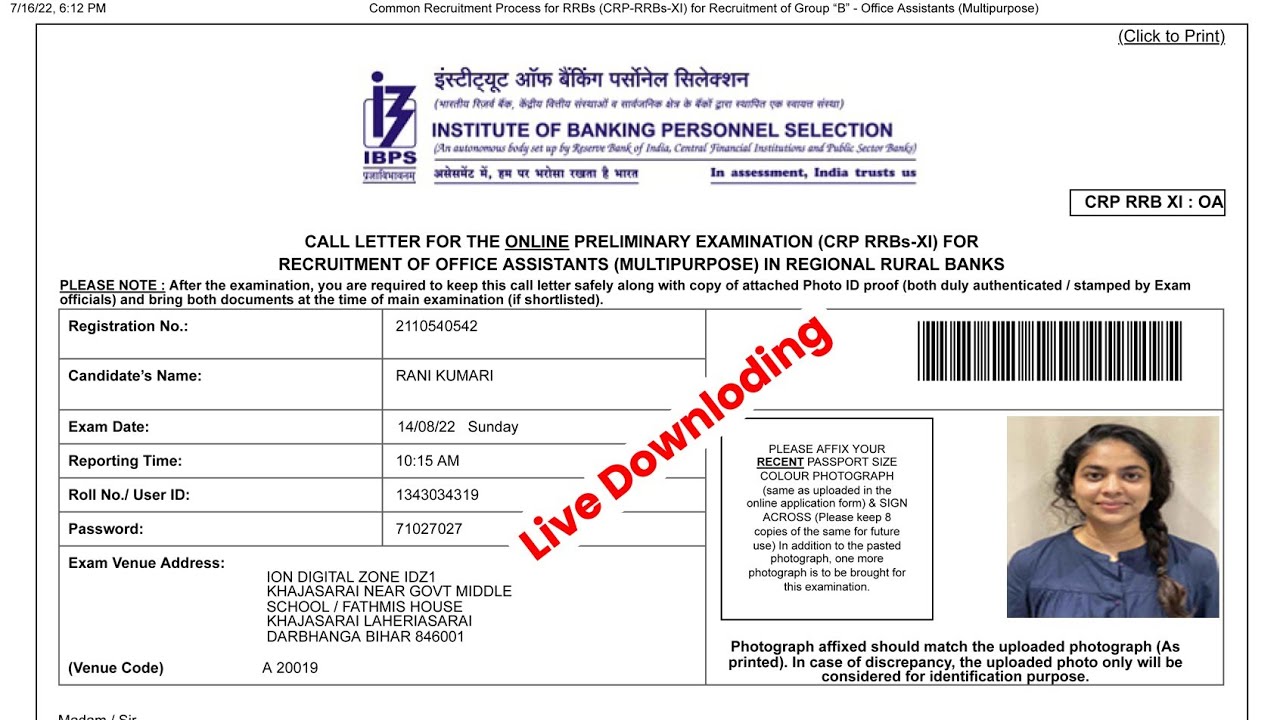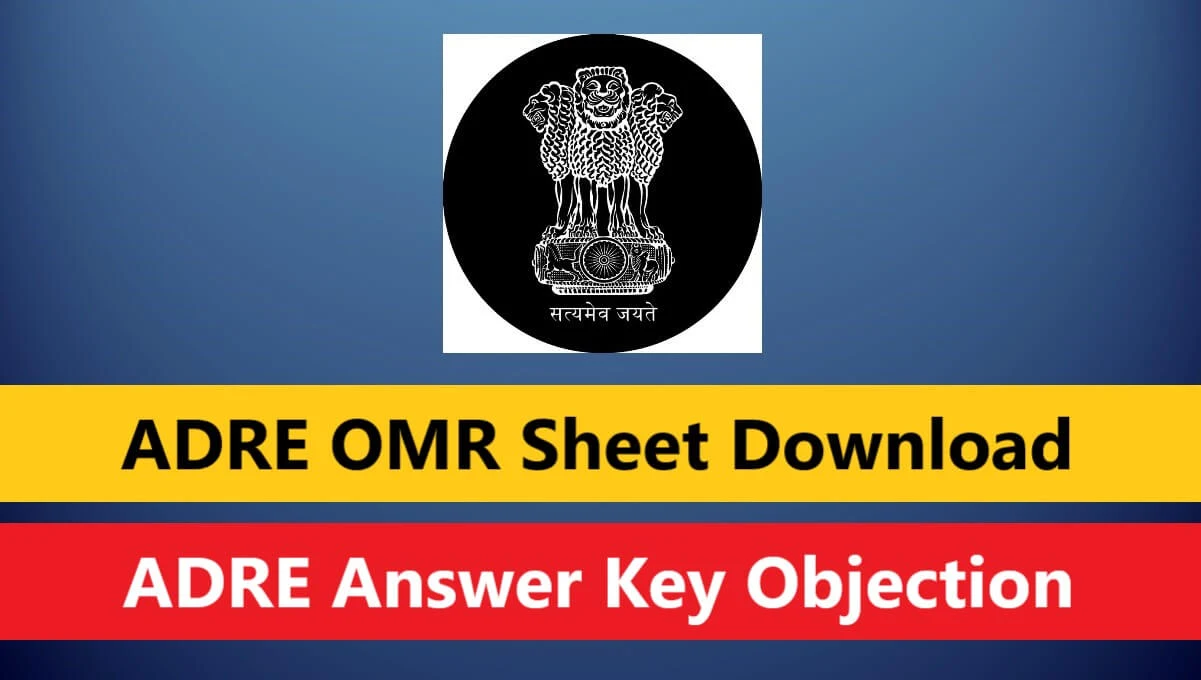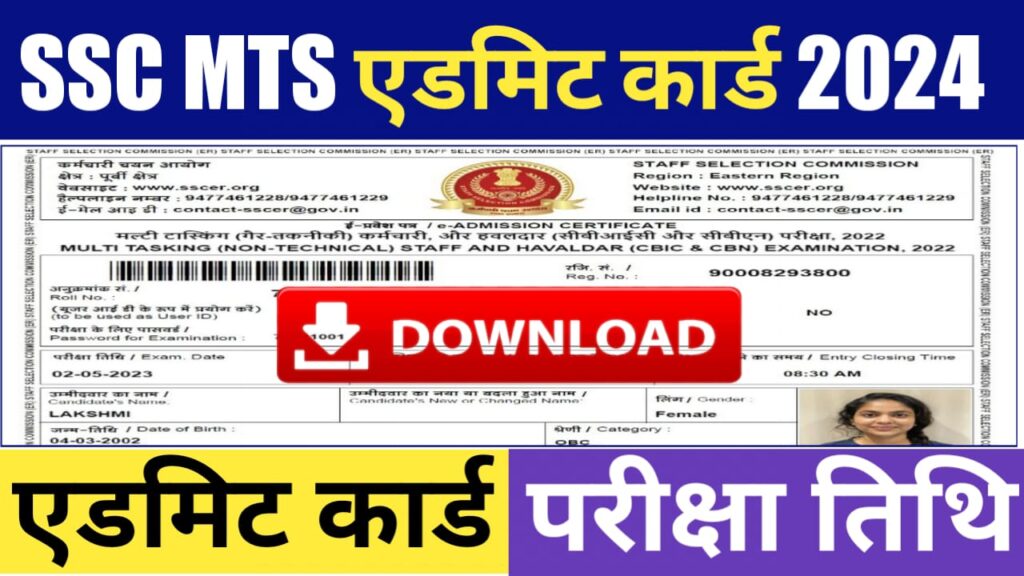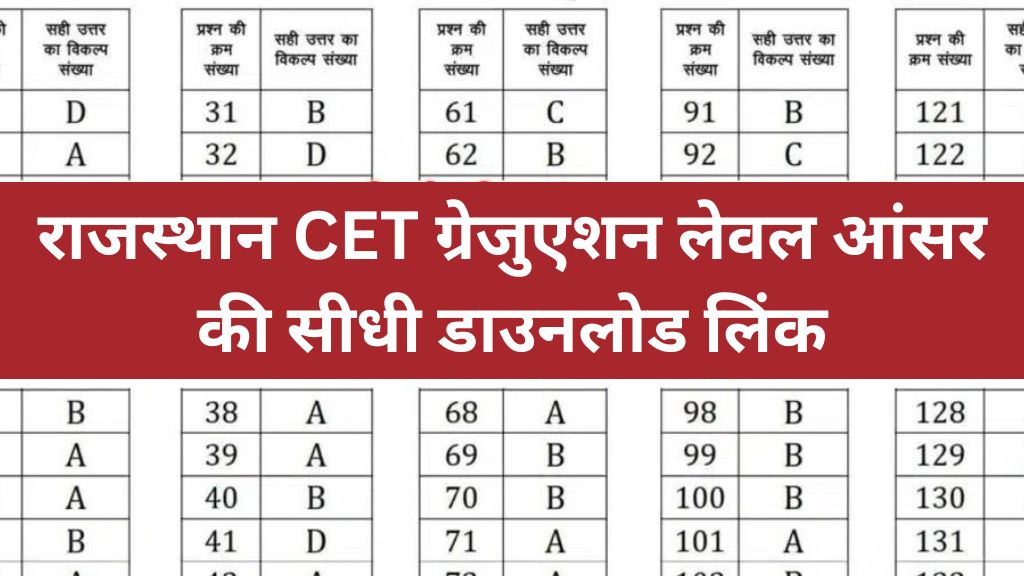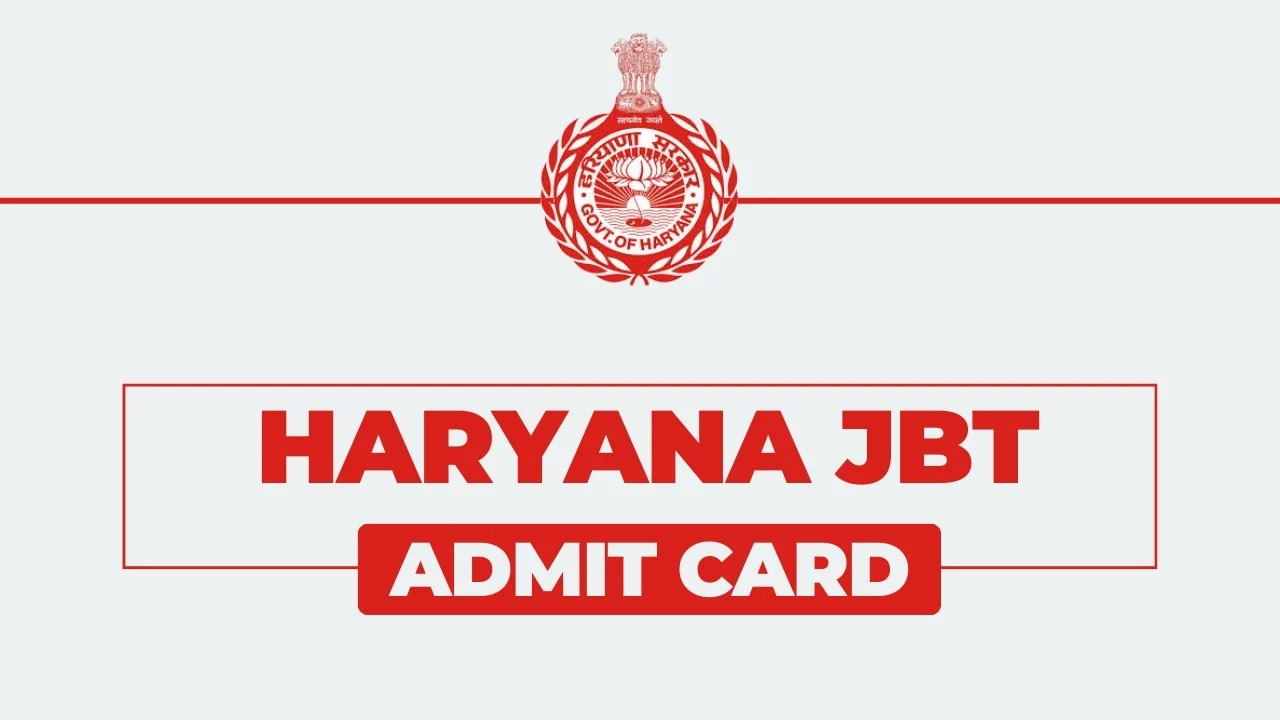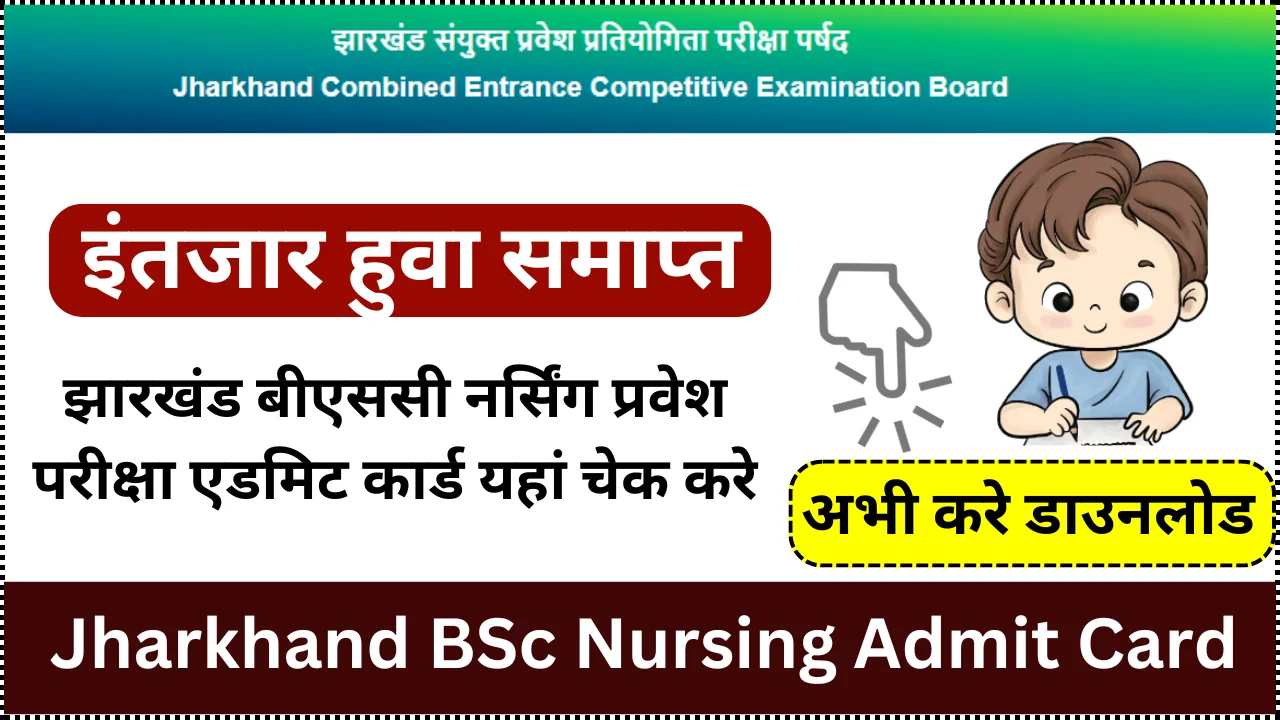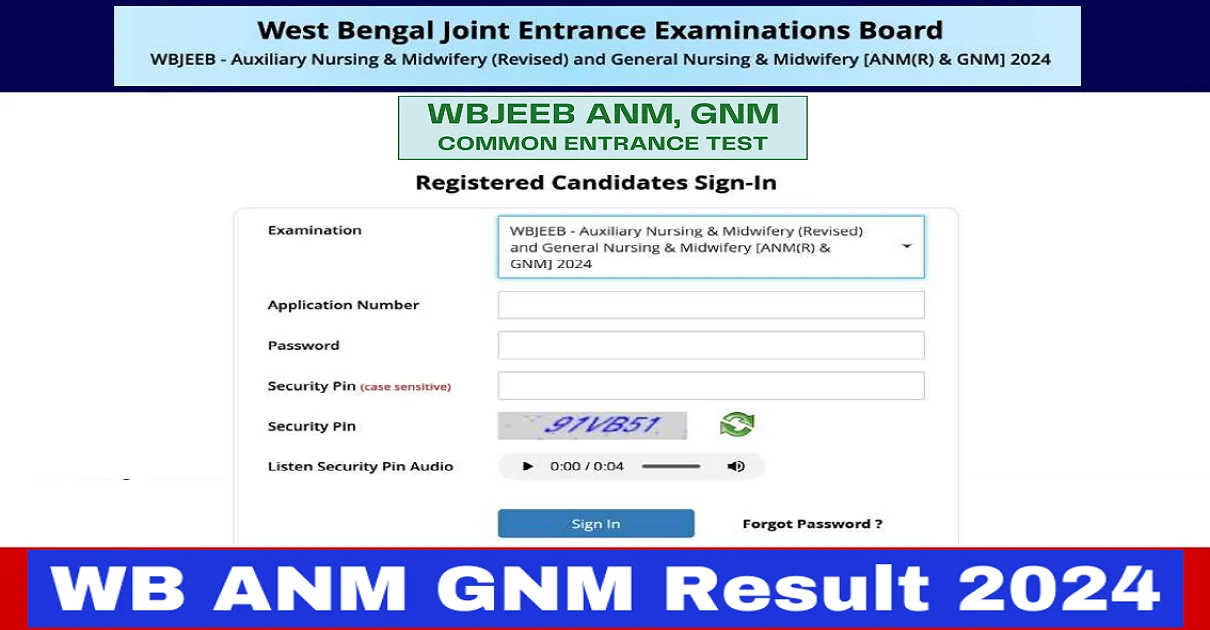The Joint Entrance Examination (JEE) Main is one of the most challenging and prestigious engineering entrance exams in India.
Conducted by the National Testing Agency (NTA), it serves as a gateway to some of the most esteemed engineering institutions in the country, including the National Institutes of Technology (NITs), Indian Institutes of Information Technology (IIITs), and various Centrally Funded Technical Institutions (CFTIs).
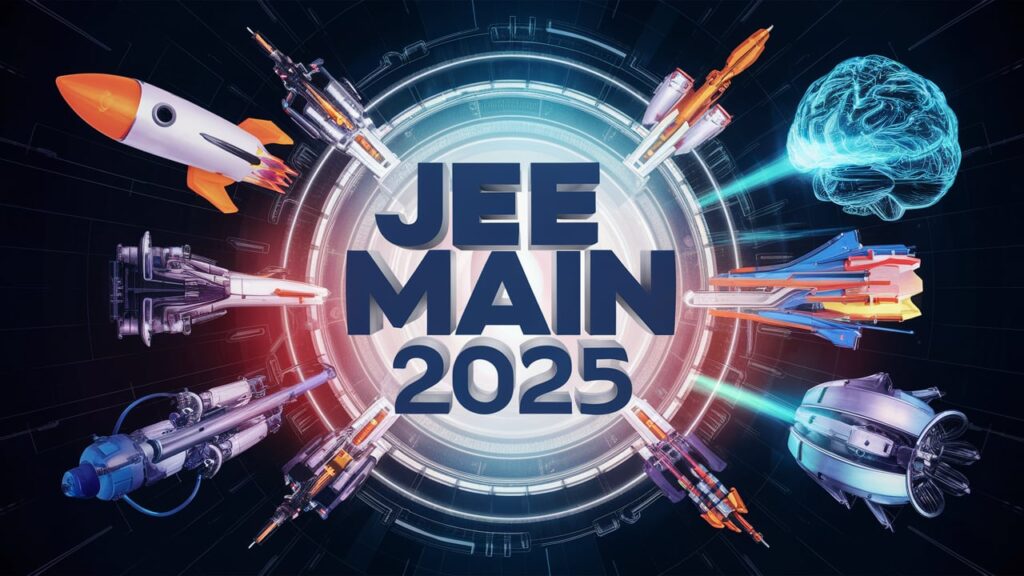
The JEE Main also acts as a qualifying exam for JEE Advanced, which is required for admission to the Indian Institutes of Technology (IITs).
This article provides a comprehensive overview of the JEE Main 2025, covering everything from the exam dates and notification to the eligibility criteria, application process, syllabus, exam pattern, preparation tips, admit card details, and more.
JEE Main 2025 Exam Date
The JEE Main 2025 exam is expected to follow the tradition of being conducted in two sessions: one in January and the other in April. This bifurcated schedule aims to provide students with a flexible timeline, allowing them to better manage their preparation and improve their scores if needed. The tentative dates for the January session are from the first to the third week of January 2025, while the April session is expected to be held from the first to the third week of April 2025. These dates will be confirmed in the official notification released by NTA.
JEE Main 2025 Notification
The official notification for JEE Main 2025 is anticipated to be released in the last week of November 2024. This notification will be a crucial document for all aspiring candidates as it will contain comprehensive details about the exam, including important dates, registration process, eligibility criteria, exam pattern, syllabus, and more. The notification will be available on the official NTA JEE Main website. Candidates are advised to read the notification carefully and adhere to the guidelines provided.
Important Dates for JEE Main 2025
| Event | Date (Tentative) |
|---|---|
| Release of JEE Main 2025 Notification | November 2024 |
| Start of Online Application | December 2024 |
| Last Date to Submit Application | January 2025 |
| Correction Window | February 2025 |
| Admit Card Release | March 2025 |
| JEE Main 2025 Exam (Session 1) | April 2025 |
| JEE Main 2025 Exam (Session 2) | May 2025 |
| Provisional Answer Key Release | 1-2 weeks after the exam |
| Declaration of Results | 3-4 weeks after the exam |
JEE Main 2025 Eligibility Criteria
To ensure that only eligible candidates apply for the exam, the NTA has set forth specific eligibility criteria for JEE Main 2025. These criteria include:
- Age Limit: There is no age limit for candidates appearing in JEE Main 2025. However, candidates must meet the age criteria of the institutes to which they are seeking admission.
- Educational Qualification: Candidates must have passed their Class 12th or equivalent examination in 2023 or 2024. Those appearing in their Class 12th examination in 2025 are also eligible to apply.
- Subjects: Candidates must have studied at least five subjects in their Class 12th examination. The subjects should include Mathematics, Physics, and one of the following: Chemistry, Biology, Biotechnology, or a Technical Vocational subject.
- Number of Attempts: A candidate can attempt JEE Main a maximum of three times in consecutive years.
These criteria ensure that candidates are adequately prepared for the rigors of the engineering curriculum.
JEE Main 2025 Application Form
The application process for JEE Main 2025 will be conducted online through the official NTA JEE Main website. Here is a detailed step-by-step guide on how to fill out the application form:
- Registration:
- Visit the official NTA JEE Main website and click on the ‘New Registration’ link.
- Fill in basic details such as name, date of birth, mobile number, and email address.
- Create a password and note down the system-generated application number for future reference.
- Filling the Application Form:
- Log in using the application number and password.
- Fill in personal details, educational qualifications, and contact information accurately.
- Choose the preferred exam cities and the medium of the question paper.
- Uploading Documents:
- Upload scanned images of your recent passport-sized photograph and signature as per the specified format and size.
- Ensure that the images are clear and meet the guidelines provided in the notification.
- Payment of Application Fee:
- Pay the application fee online using a debit/credit card, net banking, or UPI.
- The fee varies for different categories and the number of papers applied for. Refer to the official notification for detailed fee structure.
- Confirmation Page:
- After successful payment, a confirmation page will be generated.
- Download and print the confirmation page for future reference.
JEE Main 2025 Syllabus
The JEE Main 2025 syllabus is comprehensive, covering topics from Physics, Chemistry, and Mathematics based on the NCERT curriculum of Class 11th and 12th. Here is a detailed overview of the syllabus:
Physics
The Physics syllabus is divided into two parts: topics covered in Class 11th and those in Class 12th.
- Class 11th:
- Kinematics: Scalars and vectors, position, velocity, acceleration, motion in a plane, relative motion.
- Laws of Motion: Newton’s laws, inertial and non-inertial frames, dynamics of uniform circular motion.
- Work, Energy, and Power: Work-energy theorem, power, conservative and non-conservative forces, potential energy, conservation of mechanical energy.
- Rotational Motion: Center of mass, torque, angular momentum, conservation of angular momentum.
- Gravitation: Newton’s law of gravitation, gravitational potential energy, acceleration due to gravity, Kepler’s laws, satellite motion.
- Properties of Solids and Liquids: Elasticity, pressure, surface tension, viscosity, streamline and turbulent flow, Bernoulli’s principle.
- Thermodynamics: Zeroth and first laws, second law of thermodynamics, Carnot engine, entropy.
- Kinetic Theory of Gases: Equation of state, ideal gas equation, degrees of freedom, Maxwell-Boltzmann distribution.
- Oscillations and Waves: Simple harmonic motion, damped and forced oscillations, resonance, wave motion, speed of wave, sound waves, Doppler effect.
- Class 12th:
- Electrostatics: Coulomb’s law, electric field, potential, capacitance, dielectrics, Gauss’s law.
- Current Electricity: Ohm’s law, resistivity, series and parallel combinations of resistors, Kirchhoff’s laws, Wheatstone bridge, potentiometer.
- Magnetic Effects of Current and Magnetism: Biot-Savart law, Ampere’s law, Lorentz force, magnetic field due to a current, Earth’s magnetism.
- Electromagnetic Induction and Alternating Currents: Faraday’s laws, Lenz’s law, self and mutual induction, AC generator, transformer.
- Electromagnetic Waves: Wave nature of light, electromagnetic spectrum, propagation of electromagnetic waves.
- Optics: Reflection, refraction, total internal reflection, lenses, mirrors, optical instruments, wave optics, interference, diffraction, polarization.
- Dual Nature of Matter and Radiation: Photoelectric effect, matter waves, de Broglie hypothesis, Heisenberg uncertainty principle.
- Atoms and Nuclei: Bohr model, energy levels, nuclear reactions, radioactive decay, half-life.
- Electronic Devices: Semiconductors, diodes, transistors, logic gates, digital electronics.
Chemistry
The Chemistry syllabus is similarly divided into topics from Class 11th and Class 12th.
- Class 11th:
- Some Basic Concepts in Chemistry: Mole concept, stoichiometry, laws of chemical combination.
- Structure of Atom: Bohr’s model, quantum mechanical model, electronic configuration.
- Classification of Elements and Periodicity in Properties: Periodic table, periodic trends.
- Chemical Bonding and Molecular Structure: Ionic and covalent bonds, VSEPR theory, hybridization, molecular orbital theory.
- States of Matter: Gases, liquids, solids, gas laws, ideal gas equation, real gases.
- Thermodynamics: Enthalpy, entropy, Gibbs free energy, laws of thermodynamics.
- Equilibrium: Chemical and ionic equilibrium, Le Chatelier’s principle, pH, buffer solutions.
- Redox Reactions: Oxidation and reduction, redox reactions, electrochemical cells.
- Hydrogen: Properties, preparation, uses, hydrogen peroxide.
- s-Block Elements (Alkali and Alkaline Earth Metals): Properties, preparation, uses.
- Some p-Block Elements: Group 13 to 18 elements, properties, uses.
- Organic Chemistry – Some Basic Principles and Techniques: Nomenclature, isomerism, types of organic reactions.
- Hydrocarbons: Alkanes, alkenes, alkynes, aromatic hydrocarbons.
- Environmental Chemistry: Pollution, greenhouse effect, ozone layer depletion.
- Class 12th:
- Solid State: Crystal lattices, unit cell, packing efficiency, defects in solids.
- Solutions: Concentration terms, Raoult’s law, colligative properties, abnormal molar mass.
- Electrochemistry: Electrochemical cells, Nernst equation, electrolysis, galvanic cells.
- Chemical Kinetics: Rate of reaction, order, molecularity, Arrhenius equation.
- Surface Chemistry: Adsorption, catalysis, colloids.
- General Principles and Processes of Isolation of Elements: Metallurgy, extraction processes.
- p-Block Elements: Group 15 to 18 elements, properties, uses.
- d- and f-Block Elements: Transition elements, lanthanides, actinides.
- Coordination Compounds: Nomenclature, bonding, isomerism, applications.
- Haloalkanes and Haloarenes: Properties, preparation, reactions.
- Alcohols, Phenols and Ethers: Properties, preparation, reactions.
- Aldehydes, Ketones and Carboxylic Acids: Properties, preparation, reactions.
- Organic Compounds Containing Nitrogen: Amines, diazonium salts, cyanides, isocyanides.
- Biomolecules: Carbohydrates, proteins, enzymes, vitamins, nucleic acids.
- Polymers: Classification, types, properties, uses.
- Chemistry in Everyday Life: Drugs, detergents, food additives, chemicals in medicines.
Mathematics
The Mathematics syllabus is extensive and includes topics from both Class 11th and Class 12th.
- Class 11th:
- Sets, Relations and Functions: Sets, types of relations, types of functions.
- Complex Numbers and Quadratic Equations: Complex numbers, quadratic equations.
- Matrices and Determinants: Matrices, determinants, inverse, properties.
- Permutations and Combinations: Fundamental principle of counting, permutations, combinations.
- Mathematical Induction: Principle of mathematical induction.
- Binomial Theorem and Its Applications: Binomial theorem, applications.
- Sequences and Series: Arithmetic progression, geometric progression, harmonic progression.
- Limit, Continuity and Differentiability: Limits, continuity, differentiation, application of derivatives.
- Integral Calculus: Indefinite integrals, definite integrals, applications.
- Differential Equations: Order, degree, formation, solution of differential equations.
- Coordinate Geometry: Cartesian coordinates, straight lines, circles, parabolas, ellipses, hyperbolas.
- Three Dimensional Geometry: Coordinate system, distance, section formula, direction cosines and ratios.
- Vector Algebra: Vectors, operations, scalar and vector products.
- Statistics and Probability: Mean, median, mode, standard deviation, probability.
- Trigonometry: Trigonometric ratios, identities, equations, inverse trigonometric functions.
JEE Main 2025 Exam Pattern
The exam pattern of JEE Main 2025 is designed to test the candidate’s understanding and application of concepts in Physics, Chemistry, and Mathematics. The exam is conducted in a computer-based mode and comprises two papers:
- Paper 1 (B.E./B.Tech):
- Mode of Examination: Computer-based test.
- Subjects: Physics, Chemistry, Mathematics.
- Type of Questions: Multiple Choice Questions (MCQs) and Numerical Value Questions (NVQs).
- Number of Questions: 90 questions (30 questions from each subject).
- Total Marks: 300 marks.
- Marking Scheme: +4 for each correct answer, -1 for each incorrect answer for MCQs. For NVQs, +4 for correct answers and no negative marking.
- Paper 2 (B.Arch/B.Planning):
- Mode of Examination: Part I and Part II are computer-based tests; Part III (Drawing) is a pen-and-paper-based test.
- Subjects: Mathematics, Aptitude Test, Drawing Test (for B.Arch) / Planning-based questions (for B.Planning).
- Type of Questions: Multiple Choice Questions (MCQs) and Numerical Value Questions (NVQs) for Mathematics and Aptitude Test; Drawing test questions for B.Arch and Planning-based questions for B.Planning.
- Number of Questions: Varies for B.Arch and B.Planning.
- Total Marks: Varies for B.Arch and B.Planning.
- Marking Scheme: Similar to Paper 1.
| Paper | Mode of Examination | Subjects | Type of Questions | Number of Questions | Total Marks | Marking Scheme |
|---|---|---|---|---|---|---|
| Paper 1 (B.E./B.Tech) | Computer-based | Physics, Chemistry, Mathematics | MCQs and NVQs | 90 (30 from each subject) | 300 | +4 for correct answer, -1 for incorrect answer (MCQs), +4 for correct answer, no negative marking (NVQs) |
| Paper 2A (B.Arch) | Computer-based and Pen-paper (Drawing) | Mathematics, Aptitude Test, Drawing Test | MCQs and NVQs, Drawing questions | Varies | Varies | Similar to Paper 1 for MCQs and NVQs |
| Paper 2B (B.Planning) | Computer-based | Mathematics, Aptitude Test, Planning-based questions | MCQs and NVQs | Varies | Varies | Similar to Paper 1 for MCQs and NVQs |
JEE Main 2025 Marking Scheme
| Type of Question | Correct Answer | Incorrect Answer |
|---|---|---|
| Multiple Choice Questions | +4 | -1 |
| Numerical Value Questions | +4 | No negative marking |
JEE Main 2025 Preparation Tips
Preparing for JEE Main requires a well-structured study plan, dedication, and consistent effort. Here are some tips to help candidates prepare effectively:
- Understand the Syllabus and Exam Pattern: Familiarize yourself with the detailed syllabus and exam pattern. Focus on important topics and allocate time accordingly.
- Create a Study Plan: Develop a realistic and practical study plan. Allocate specific time slots for each subject and stick to the schedule.
- Refer to Standard Books: Use NCERT textbooks for fundamental concepts and refer to other standard reference books for advanced topics.
- Practice Regularly: Solve previous years’ question papers, sample papers, and take mock tests regularly. This will help you understand the exam pattern, improve time management, and identify your strengths and weaknesses.
- Focus on Concepts: Ensure a strong grasp of basic concepts before moving on to advanced topics. Conceptual clarity is crucial for solving complex problems.
- Revision: Regular revision is essential to retain concepts. Create short notes and flashcards for quick revision of important formulas and concepts.
- Stay Healthy: Maintain a healthy lifestyle. Ensure you get enough sleep, eat nutritious food, and engage in physical activities to keep your mind and body fit.
- Seek Guidance: If needed, seek help from teachers, mentors, or join coaching classes for guidance and support.
Preparation Books for JEE Main 2025
| Subject | Recommended Books |
|---|---|
| Physics | Concepts of Physics by H.C. Verma, Fundamentals of Physics by Halliday, Resnick, and Walker |
| Chemistry | NCERT Chemistry Textbooks, Organic Chemistry by Morrison and Boyd, Physical Chemistry by P. Bahadur |
| Mathematics | Mathematics for Class 11 & 12 by R.D. Sharma, Objective Mathematics by R.D. Sharma, Higher Algebra by Hall and Knight |
JEE Main 2025 Admit Card
The admit card for JEE Main 2025 will be released online on the official NTA JEE Main website. Here are the steps to download the admit card:
- Visit the Official Website: Go to the official NTA JEE Main website.
- Log In: Log in using your application number and password.
- Download Admit Card: Click on the ‘Download Admit Card’ link.
- Print Admit Card: Download and print multiple copies of the admit card for future reference.
The admit card contains important details such as the candidate’s name, roll number, exam center, date and time of the exam, and instructions for the exam day. It is mandatory to carry the admit card to the exam center along with a valid photo ID proof.
JEE Main 2025 Answer Key
The NTA will release the provisional answer key for JEE Main 2025 a few days after the exam. Candidates can challenge the answer key if they find any discrepancies by paying a nominal fee per question. After considering the challenges, the final answer key will be released, which will be used for calculating the scores.
JEE Main 2025 Result
The result for JEE Main 2025 will be declared separately for each session. Candidates can check their results on the official NTA JEE Main website by logging in with their application number and password. The result will include the candidate’s score, All India Rank (AIR), and qualifying status for JEE Advanced.
JEE Main 2025 Counselling
The counselling process for JEE Main 2025 will be conducted by the Joint Seat Allocation Authority (JoSAA). The counselling process involves the following steps:
- Registration: Candidates need to register online on the JoSAA website.
- Choice Filling and Locking: Fill in your preferred choices of institutes and courses and lock them.
- Seat Allotment: Based on the candidate’s rank, preferences, and availability of seats, the seat allotment result will be declared.
- Reporting to the Allotted Institute: Candidates need to report to the allotted institute for document verification and admission.
Conclusion
The JEE Main 2025 is a significant step for aspiring engineers in India. With proper preparation and dedication, candidates can excel in this exam and secure admission to prestigious engineering institutions. Stay focused, follow a structured study plan, and utilize the resources available to achieve your goal. Good luck!

